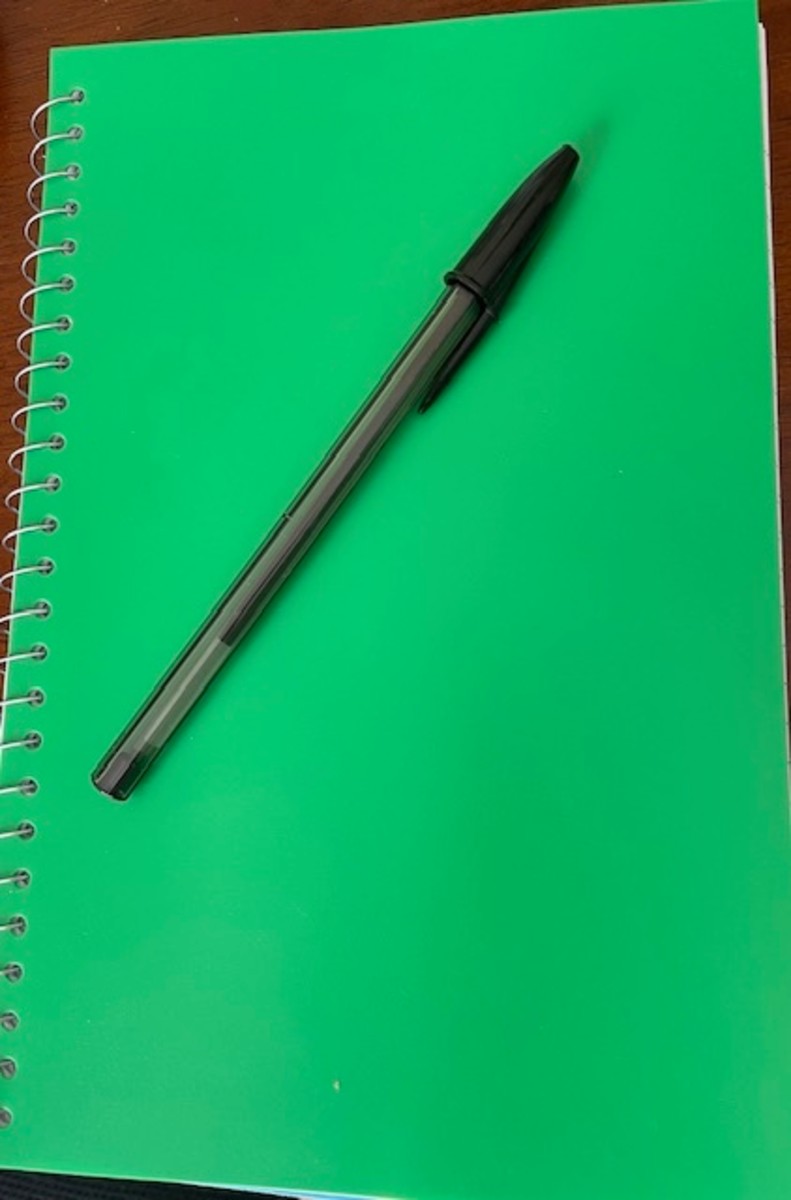Poem and Song
Where are the Cheese Poems?
Poets have been mysteriously silent on the subject of cheese
G K Chesterton
As Chesterton hints, poetry is a lofty art with a long, romantic history and while song too has its romantic baggage, the songwriter has not quite the same rarified air of the poet. Yet poetry and song do share many characteristics and in their earliest manifestations were bound together as one. Somewhere along the tangled path of human history a schism occurred and song and poem developed into autonomous art forms, yet the closeness of that early union remains evident in the emotional connections between the song and the poem.
I've always been in awe of the poet and my creative vein is instantly cauterised when I attempt to produce a poem. Yet strangely I feel able to write a song...possibly because I know I have the music to help carry the load. If, as Aldous Huxley once remarked, 'after silence, that which comes nearest to expressing the inexpressible is music' then songwriter's job is made easier because his expressions will always be buoyed by the eloquence of a melody.
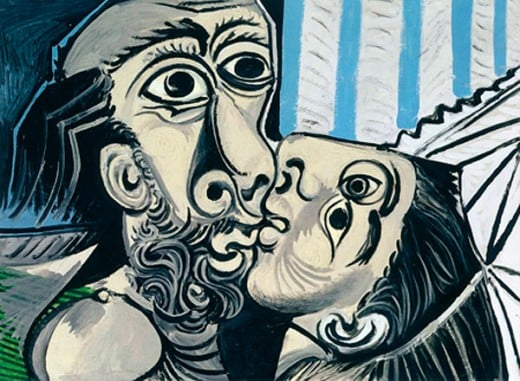
History
Row, row, row your boat,
Gently down the stream
Merrily, merrily, merrily, merrily,
Life is but a dream
I am, if I delve deep enough into the deepest recesses of memory, still able to retrieve a very early sensation of being held in my grandmothers arms as an infant, while she rocked and softly sang Row Your Boat. It was my first remembered experience of a melody and as perfect a union of rhyme and music as I am likely to find. Even now I can conjure something of that sense of peaceful security and the consoling illusion that life is easy; all you have to do is close your eyes and float down the stream on a cushion of warmth.
This early tune was followed by a succession of quaint English children's rhymes such as Ring a Ring o Roses, Here we go 'Round the Mulberry Bush and My Mother Said. That 20th century children were still singing songs that were probably well over a hundred years old is testimony to the staying power of the rhyme and as children we didn't so much sing or speak these rhymes as chant them. It seems infants and children are very responsive to repetitive chant and If song and poetry are branches on the same evolutionary tree, then chanting could well have been the common ancestor.
Before popular music, before the written word, perhaps even before language had acquired its complex order, humans probably chanted, first among themselves through rudimentary speech patterns and later, in a more developed form, to unknown gods and spirits. Chant has a very basic appeal and can be found today in such diverse arenas as the temple,the political picket line, the play ground and the sporting-field; it is still an effective way for a community to voice a common opinion in unison.
There is some evidence that the earliest human speech occurred as a series of repetitive clicking sounds, possibly as a means of communicating without disturbing prey (Current Biology, vol 13, p 464). Could the rhythmic vocal clicks of primitive man be the first inklings of the chant? Whatever the true facts surrounding the origin of language, at some point the discovery was made that words with similar sounds could be combined and alternated to create rhyme, making what was being voiced more memorable and thus more easily disseminated. In a pre-literate society, words voiced through a rhyming, melodic beat became the primary means of recording and retaining knowledge of events, histories and traditions, as well as the expression of spiritual worship and shared thoughts and emotions.
The Mousike
The language of rhyme was easily translatable to music and eventually word, song and dance coalesced to form a single art; the mousike, a term invented by the ancient Greeks. It is an art that is now largely lost to us but in his book The Celestial Twins, H T Kirby-Smith describes how we might get a taste of that 'consort of the muses' in modern remnants:
A fusion of word, music, and dance makes its way into ordinary experience. Our problem is that we may identify such a fusion with either vulgar or childish examples, or else with some
self-conscious attempt to constrain the now-separate arts back into company with one another.The triumphal dance and lyric utterance of the youngSophocles, or the stately strophes and antistrophes of the choruses in his mature plays, seem distant from the rock musician flourishing his electric guitar, the singing and clapping games of children, Wagnerian opera, or coffeehouse poetry-cum-music happenings. Yet all these help to illuminate the idea of mousike, the consort of the Muses.(1999, p 9)
Significant technological events are apt to transform the culture before and the advent of writing and then printing, transformed oral cultures, bringing with it deep changes in character and thought processes. The 'new literacy' drove the wedge between poetry and song and literature developed as a form of imaginative writing, creating a new discourse for poetry that spawned generations of poets.
Now
A Publisher of today would as soon see a burglar in his office than a poet.
H.de Vere Stacpoole
Arguably, as Kirby suggested, poetry and song have come full circle to at least partly manifest once again as a conjoined cultural force;[ the street culture that spawned rap, slam, and gangsta too, has reinvented something of the mousike, albeit in an attitudinal and sometimes violent form] and consider that the poem in isolation has now become so estranged from the mainstream pulse, many people would be hard-pressed to name a single contemporary poet.
Presumably there is no less poetry in the blood than in previous times so all that poetic energy has to go somewhere; if not into poems then it seems likely it must be song. There is a long list of singer/songwriters across a range of music genres who have become the romanticised poets of the 20th and 21st centuries and whether it is a fact to be celebrated or lamented, to a very large extent, popular song in all it's diverse manifestations has become the primary vehicle for poetic expression in contemporary culture.

What is Poetic?
BOSWELL:Then Sir, what is poetry?
JOHNSON:Why, Sir it is much easier to say what it is not.
It's a difficult task to define 'poetic' in exact terms-can it be found in a bird song or a in a shimmer of colour upon a pool of water? In its narrowest definition, it is a literary art and I am almost instinctively aware that there should be an attendance of beauty in the form-even if the message is shocking or ugly. Beauty, as explained by Italian renaissance architect Leon Battista Alberti, is "the adjustment of all parts proportionately so that one cannot add or subtract or change without impairing the harmony of the whole." In this sense poetry can be likened to an architectural structure.
Harmonious perfection as Battista describes it seems an impossible task for us less than god-like beings, which may explain my fear of the poem, there being just writer and words to conjure beauty and no music to help carry the load. In song, a failure in words can be retrieved by the melody but for a poet there is no such distraction to deflect from a cracked structure. There is nowhere for a bad word or architectural error to hide in a poem; thus it is either beautiful or it is not - both harmony and discord appear in high relief.
Harmony is equally important in song, however a certain amount of poetic ugliness in the words may be obscured by harmonious music; song is more forgiving of human imperfection in the creation of poetic language. The lyrics in the Beatles Love Me Do works well in song but would fail as poetry on the page. Another significant distinction between the two forms is that, although a song generally can not be 'read' in the same way as a poem, it has the added dimension of a performer and the quality of a singers voice, together with interpretation, can greatly enhance or detract from the work and while poetry can be recited and therefore also has a performance element, it is not so dependent on this as song.
Beauty in poetry, as elsewhere, can be a form of intimidation and there is perhaps no greater wallflower than an unattractive poem. Could it be that poetry has lost favour as a popular art for the very reason that it has been held in such high esteem? Perhaps many of us believe we could never achieve Battista's harmonious perfection and fear the production of wallflowers. Over the centuries poetry has shifted from its earthy base to be held up in the stratosphere as mankind's noblest form of expression while song remained in a less exalted climate. Poetry has a ”precious” reputation and poets are often portrayed in popular culture as highly romantic, figures; too sensitive and other-worldly for the base motives and appetites of ordinary people; unlike songwriters, who tend to remain in the shadows of the singer/performer. In short, poetry has been idealised .
There is, at least in the mainstream population, a general perception that poetry is just too 'difficult', requiring enormous effort to write and to read, so most us don't; else why aren't there more recitals booming out of ipods and poetry books on the best seller lists? Listening to a song is a more passive act than reading a poem and sad and cynical as it may seem, the prospect of putting forth a modicum of intellectual activity may be too much for many of us to bear. In the modern lexicon song has emerged as the user-friendly purveyor of the poetic and poem the aloof relative, whom everyone respects and admires but few want to hang out with. This leads me to a small personal revelation: I write song and not poetry because I want to connect with the mainstream and because I am intimidated by the reputation of the poem.
However, lest some earnest poet jump out at me with hands raised, declaring “reports of my death are greatly exaggerated”, Iet me emphasise, I am not wishing to bury poetry prematurely and I am aware that it is still very much alive [if not completely well as marketable material]. It's just that song is more accessible to the mainstream, notwithstanding the fact that there are quite a large number of poetry sites on the web and thousands of poems to choose from. It seems there's still plenty of sellers but not too many buyers. Beautiful poems, like beautiful humans, are not common.
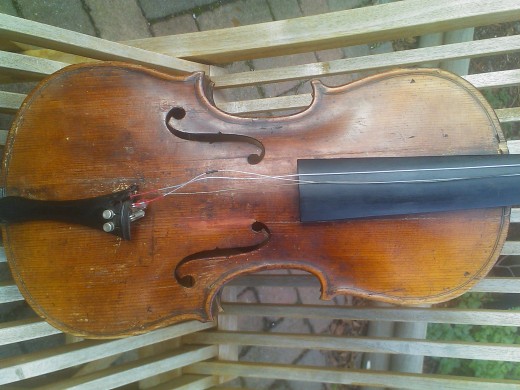
The Condition of Music
All art constantly aspires towards the condition of music.
Walter Pater
The inter-relationship between song and poetry has a long and involved history, covering many styles, periods and cultures and is a topic far too complex and wide for the scope of this hub. From this slim study I've gleaned that there is no great chasm between song and poetry, except an artificial one we have created - but there is a difference in method of operation. All art aspires to connect with what Pater calls 'imaginative reason' through the senses and each art has it's own 'sensual material'. Although song and poetry share the material of language, they each have their own way of using it -their own method of expression: “Each art, therefore, having its own peculiar and untranslatable sensuous charm, has its own special mode of reaching the imagination, its own special responsibilities to its material.” Pater posits that all the arts strive to obscure or 'obliterate' the distinction between matter and form and the commonality between them is an aspiration towards the principle of music: “music being the typical, or ideally consummate art, the object of the great Anders-streben [partial alienation of art from its own limitations] of all art, of all that is artistic, or partakes of artistic qualities”.
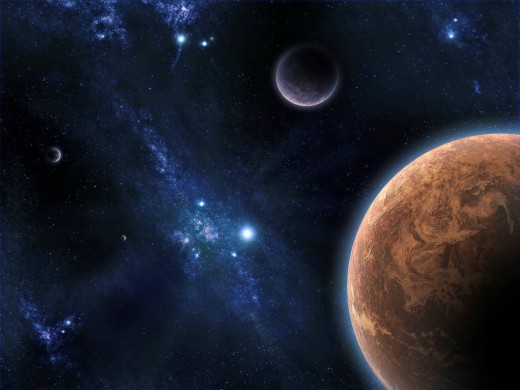
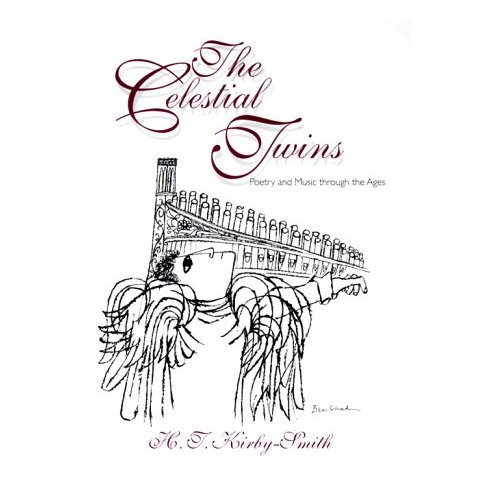
The Heavenly Tune
Pater was writing from a Victorian perspective but an aspiration to music has also been discussed more recently by Marc Berley, who in his book After the Heavenly Tune, intriguingly argues that ever since the separation of song and poem the aspiration to song has been central to many poets' conceptions of themselves and their poems. Berley positions the poem as song and the poet as singer, looking upwards to 'celestial harmony': “A claim to song is for some poets merely a figurative literary gesture; for others it is as near as possible to a literal expression of what a poet is and does -- a deep examination of the potential musical activities of human consciousness.”
I need not be in awe poem, for whatever the differences, each unique art form gives dynamism to the other and all art is motivated by the same purpose; the human want to create significant and harmonious meaning from dispassionate nature. We are all looking to find the 'song' in the universe and we all find our own way of singing it.
.
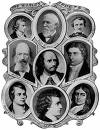
- How to Make a Song
~Take a melody, some words...a burst of inspiration and stir gently~ That's all there is to it. No, not really...well it might be that easy for some, but not for others. Just so I don't feel like a total... - Stars of the Ukulele
~The ukulele is a noble little instrument... anyone serious about music will eventually come to play one.~ Bob Brozman Back in the 19th century, Portugese immigrants settling in Hawaii... - I Love My Guitar
At 17 I was given an old guitar. It was a beautiful object with a carved headstock and a rich, mellow body and I longed to play it. Alas, I hadn't a clue... I was a musical klutz. I knew nothing about...
Some Poets
- Randy Behavior on HubPages
I am "her" alter ego. I am the part that gets left behind when she goes off to get enlightened. I prefer to cavort and frolic anyway. She can... - Nellieanna on HubPages
I'm an ageless, multi-faceted woman. My personal website Oasis (directory) is: Nellieanna\'s Oasis Directory My story is there. Dateline:... - the pink umbrella on HubPages
in need of some serious pampering...
Sources
William Pater The Renaissance, Studies in Art and Poetry, London Mc Millian1887, School of Giorgione
Marc Berley After the Heavenly Tune: English Poetry and the Aspiration to Song. Pittsburg, Duqoesne UP 2000
A Easthorpe Poetry as Discourse London Methuen 1983
H T Kirby-Smith The Celestial Twins: Poetry and Music Through the Ages, Mass UP 1999
F R Leavis New Bearings in English Poetry . London Penguin 1932 15-16



